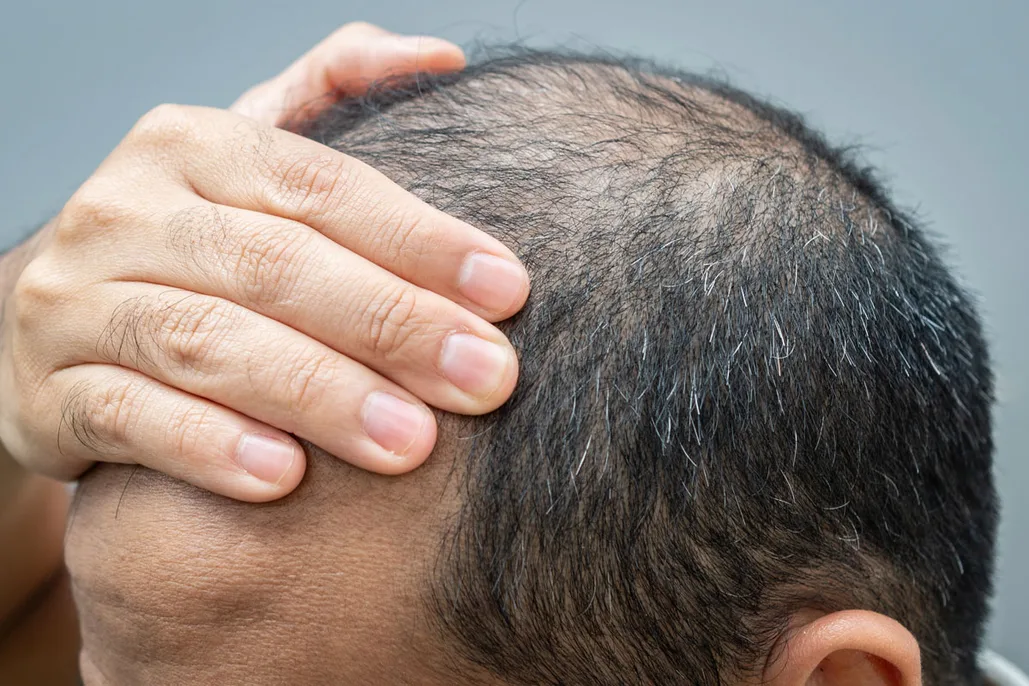Hair loss can be a distressing experience, affecting self-esteem and confidence. With advancements in cosmetic and dermatological procedures, individuals now have access to a wide range of effective treatments. However, one common question arises among many: Does hair loss treatment require maintenance? The short answer is yes—but the extent of maintenance depends on the type of treatment, the underlying cause of the hair loss, and your long-term goals.
Whether you are undergoing Hair Loss Treatment in Dubai or anywhere else, understanding the importance of ongoing care can help you maintain optimal results.
Understanding Hair Loss: A Continuous Process
Hair loss isn’t always a one-time issue. For many people, it is a progressive condition caused by genetics, hormonal changes, or environmental factors. This means that even after achieving initial improvements through treatment, the hair follicles may continue to weaken over time without proper care.
Some of the most common reasons for ongoing hair loss include:
- Genetics (Androgenetic Alopecia)
- Hormonal Imbalances
- Nutritional Deficiencies
- Stress and Lifestyle Factors
- Scalp Conditions
Due to these ongoing triggers, hair restoration often needs a comprehensive and long-term plan rather than a one-time fix.
Types of Hair Loss Treatments That May Need Maintenance
Different treatments come with different requirements when it comes to follow-up and upkeep. Here’s a look at some common options and their maintenance needs:
PRP (Platelet-Rich Plasma) Therapy
PRP is a regenerative treatment that involves injecting your own platelets into the scalp to stimulate hair growth. While results can be noticeable after a few sessions, maintenance treatments are typically recommended every 4 to 6 months to sustain growth and prevent regression.
Low-Level Laser Therapy (LLLT)
This non-invasive treatment uses laser light to stimulate hair follicles. To see continuous improvement and prevent hair fall from returning, ongoing sessions at home or in a clinic are often needed several times per week.
Topical Treatments and Serums
Products like minoxidil are widely used to slow down or reverse hair loss. However, discontinuing their use can often result in the return of hair fall, so consistent application is crucial for long-term benefits.
Hair Transplant Surgery
While hair transplant provides a more permanent solution, even transplanted hair can be affected by surrounding thinning areas. Post-surgery care, medications, and occasional therapies are commonly advised to support the overall density and prevent future loss.
Why Maintenance Matters
1. Preserve Your Results
Treatments can yield impressive results, but without regular maintenance, hair fall may resume and diminish those improvements over time.
2. Support Natural Hair Growth
Ongoing care helps nurture natural follicles, ensuring they remain healthy and active in their growth cycles.
3. Combat External Stressors
Factors such as pollution, UV exposure, and daily stress are especially relevant in urban areas like Dubai. Maintenance treatments help counteract these stressors and protect your scalp health.
Personalized Aftercare Plans
No two individuals experience hair loss in the same way. That’s why personalized treatment plans and follow-up schedules are essential. Professionals often recommend maintenance based on:
- The initial treatment received
- The severity of hair loss
- The individual’s response to therapy
- Lifestyle habits and overall health
When undergoing Hair Loss Treatment in Dubai, ongoing consultations help ensure the plan evolves with your needs and continues to deliver effective results.
Healthy Habits to Support Maintenance
In addition to clinical follow-ups, incorporating healthy habits can enhance and prolong treatment outcomes:
- Follow a balanced, nutrient-rich diet
- Use sulfate-free, gentle shampoos and conditioners
- Avoid excessive heat styling and harsh chemicals
- Manage stress through exercise, mindfulness, or yoga
- Schedule regular scalp checkups and therapy sessions
These proactive measures complement your primary treatment and reduce the need for more aggressive interventions later on.
Final Thoughts
To answer the question—yes, most hair loss treatments require some form of maintenance. While it may seem like an ongoing commitment, the rewards are well worth it: thicker, healthier hair and renewed self-confidence.





Comments